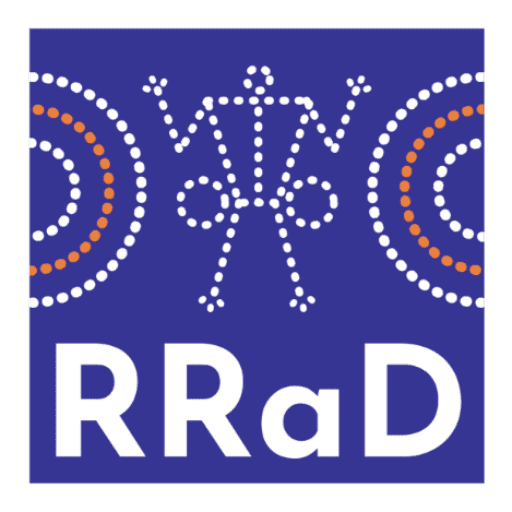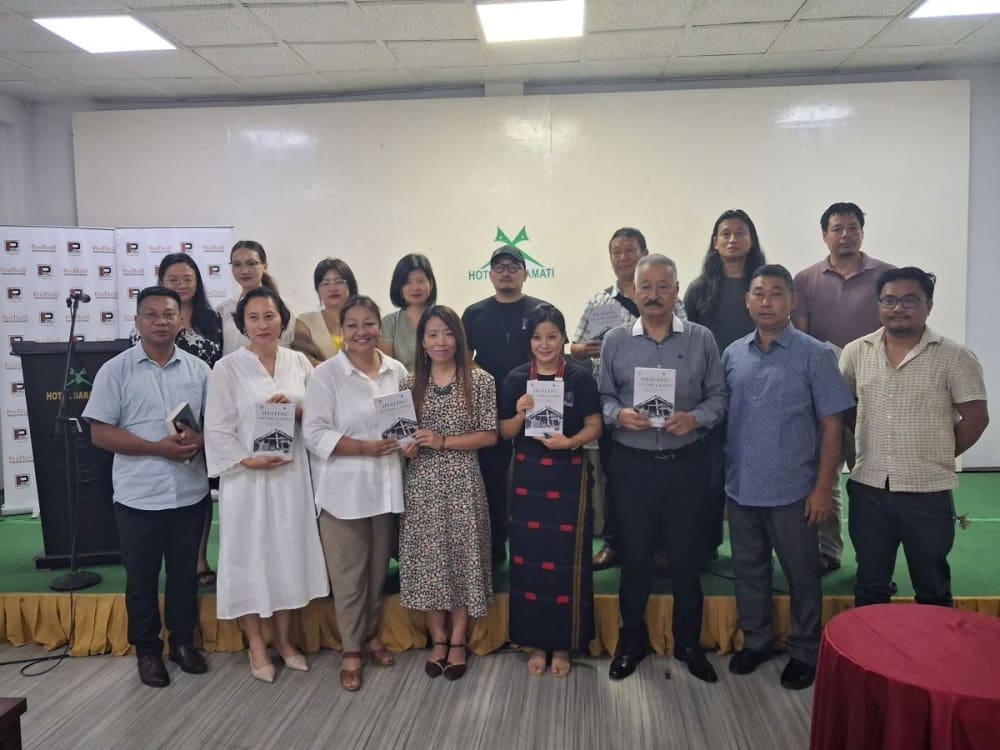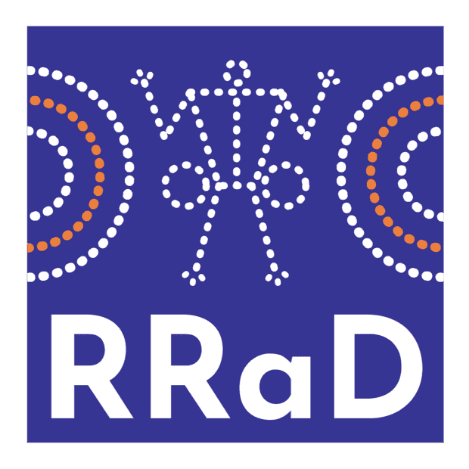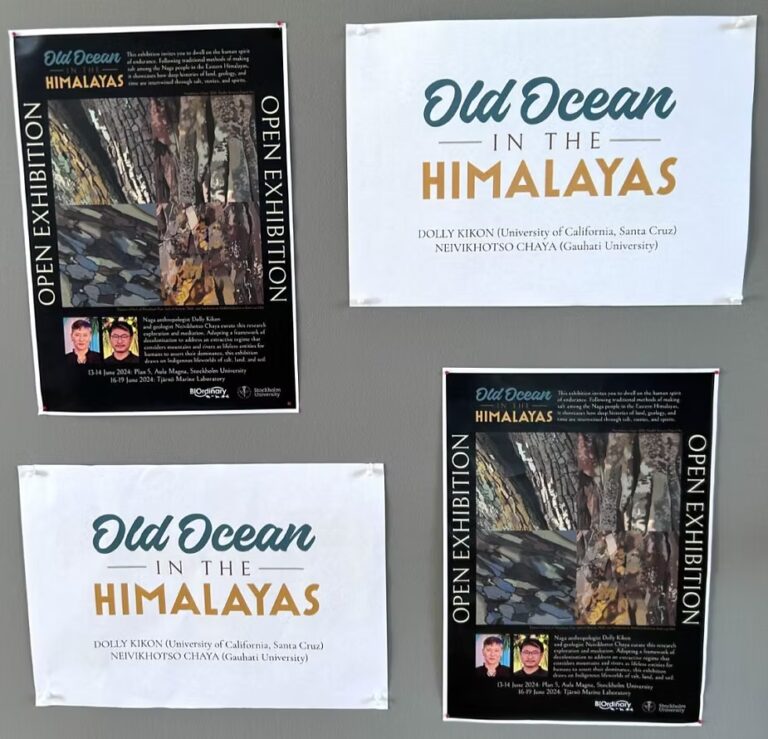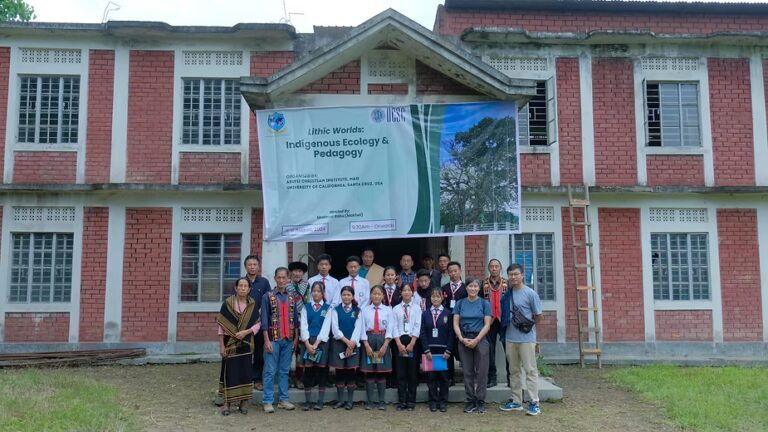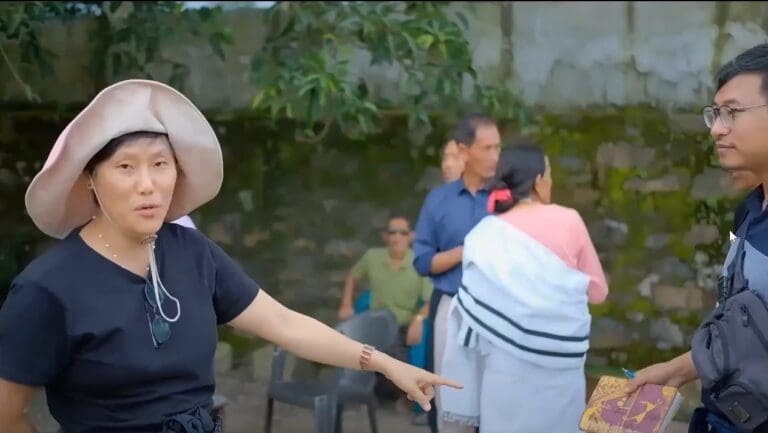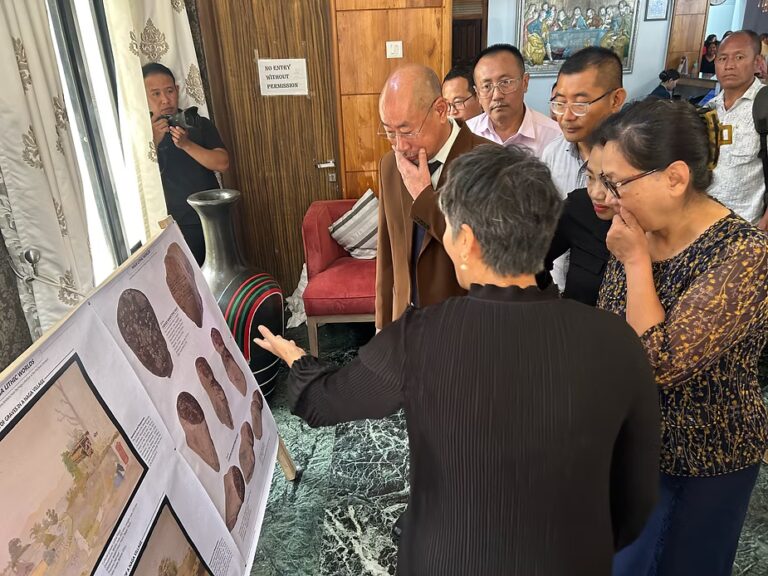RRaD releases compilation of reflections on repatriation process
Morung Express News
Dimapur | July 12
The act of repatriating Naga ancestral human remains is a step in “healing up our lands” and discovering the “missing dimension of Naga belonging,” stated Rev Dr Wati Aier, Convenor of the Forum for Naga Reconciliation (FNR). He was speaking at the launch of the book, “Healing of the Lands: Reflections & Dialogues on the Naga Repatriation Journey.”
The book is a compilation of personal reflections, published PenThrill Publication House, from the ‘September Dialogue on Naga Repatriation, Decolonisation and Healing’ by the Forum for Naga Reconciliation-Recover Restore and Decolonise (FNR-RRaD) initiative. The compilation was co-edited by Dr Pangernungba Kechu and Dr Talilula, scholars closely connected to the process for repatriating Naga ancestral human remains from foreign museums, particularly the Pitt Rivers Museum.
The September Dialogue of 2024 was held under the aegis of the RRaD initiative, pivoted around facilitating dialogue on the return of Naga ancestral human remains.
According to him, the purpose of the book, and its title, describes the convergence of “Naga belonging” after years of divergence; about the sacred journey of Naga ancestral remains returning home from thousands of miles away “where they are restless.”
“This book weaves memory, justice, and reconciliation, honoring indigenous dignity and restoring wholeness. We are trying to gather, garner Naga ecology. We are trying to bring wholeness to the land,” he said.
He issued a call to the intellectual community for creative and imaginative thinking, referencing C Wright Mills’ concept of “socio-ontological imagination.” Dr Aier suggested that this could be transformed into a “cultural imagination” to make “Naga belonging a reality.”
“It marks the beginning of healing through truth, return and ancestral presence, (and) this is where we need to be together” he said. He said that he was honoured to be a part of the process, while conveying his respect to the editors and the contributors.
The book launch is part of a broader effort by the FNR and RRaD to engage with institutions like the Pitt Rivers Museum at Oxford University, which holds a collection of Naga ancestral remains and artifacts. A Naga delegation recently concluded a visit to the UK to further these dialogues on repatriation.
Co-editor of the book, Dr Talilula, reflected on the collaborative yet daunting editorial process. She spoke of being in a place of personal mourning, intensified by the recent loss of Dr P Ngully, an elder and a core member of the RRaD, who was part of the repatriation delegation. His proper burial in his native land, she noted, stands in stark contrast to the ancestors “languishing in store rooms” abroad who have been denied their right to rest.
She said that it is an ethical responsibility to not subject the ancestors to further “extractive measures” upon their return. For her, true healing begins with individual transformation, nurtured by “accountable” friendships and the creative arts. She held that collective healing is incomplete without this personal change, concluding with a poem by Walt Whitman to evoke the interconnectedness of life and the enduring presence of ancestors.
Dr Pangernungba Kechu described the book’s creation as an intense “tornado” of work. While he and Dr Talilula are named editors, he said that the book is a collective achievement of the FNR, the RRaD team, the contributors, and the entire Naga community, reflecting their ongoing journey.
Dr Kechu extended special thanks to Rita Krocha, the RRaD research coordinator, whom he said, “Served as our third eye.” He also acknowledged the support from the Department of Art and Culture, which enabled the book’s publication, and thanked the Pitt Rivers Museum for its partnership.
First published in The Morung Express July 12 2025
Link: https://www.morungexpress.com/repatriating-naga-ancestral-human-remains-a-step-in-healing-the-land
